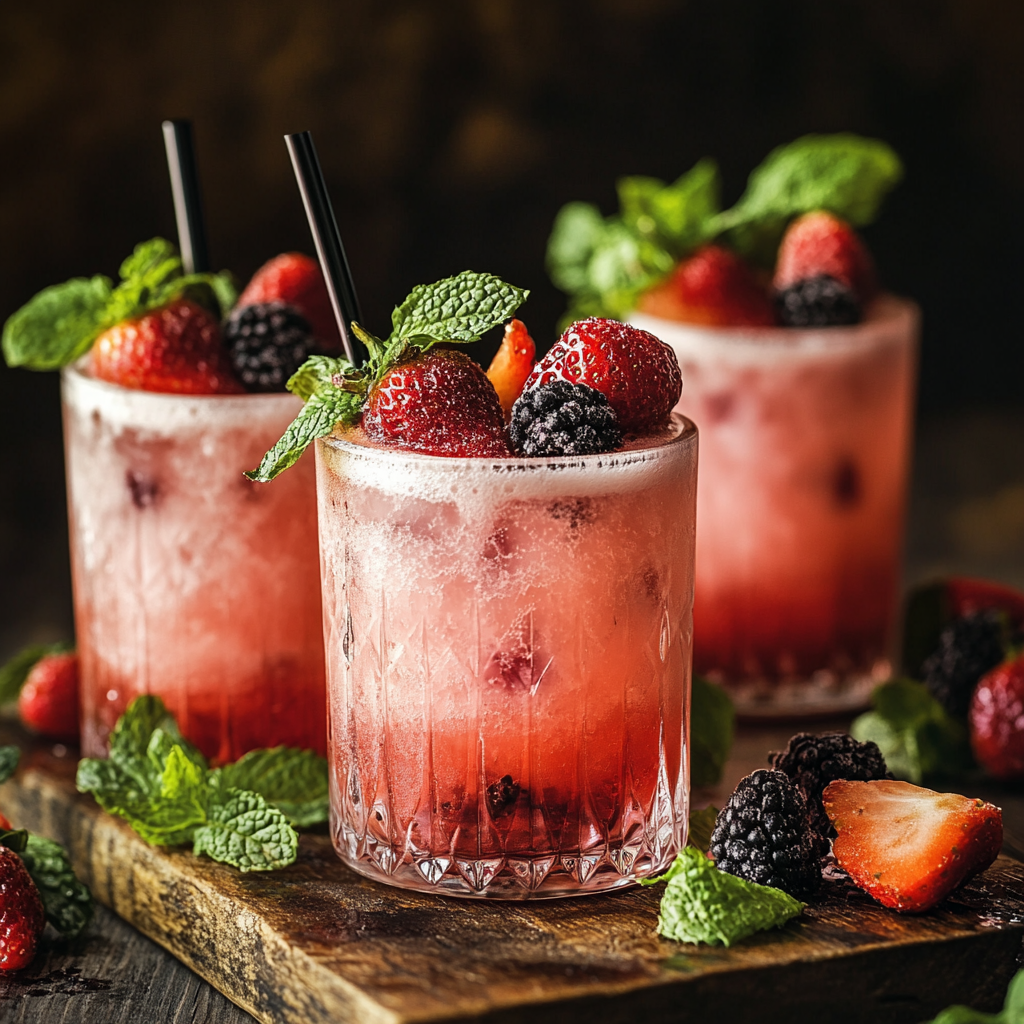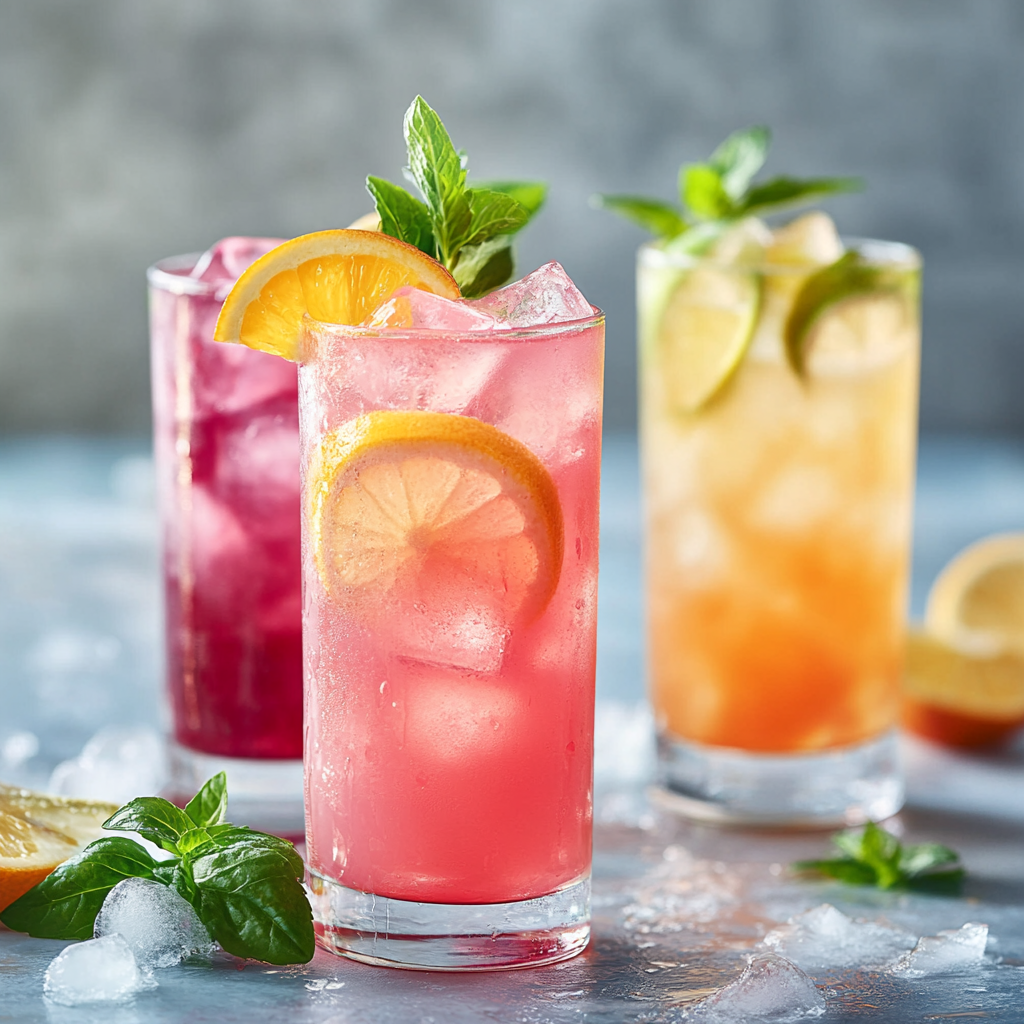why do people drink alcohol?
Why Do People Drink Alcohol?
Since the dawn of civilization, humans have been drinking alcohol. Whether it was ancient Egyptians brewing beer or Greeks enjoying wine at their symposia, alcohol has long played a role in social, religious, and cultural settings. Today, alcohol remains a favorite pastime for many men and women around the world. But while having a glass of wine with dinner or a beer at a barbecue may seem harmless, the reasons people drink alcohol vary widely and can be deeply personal or situational. In today’s post, we're going to explore the many reasons people drink alcohol, how alcohol affects the body, and what healthier alternatives you can try if you've stopped drinking or are simply re-evaluating your relationship with alcohol.
How Does Alcohol Affect the Body?
Before we dive into the "why," it's important to understand how alcohol affects the body. Alcohol is a depressant, meaning it slows down the brain and central nervous system. This is why people feel more relaxed or euphoric after consuming alcohol. However, those same effects can lead to impaired judgment, slower reflexes, and changes in behavior.
Alcohol use disorders, binge drinking, and alcohol abuse can contribute to mental health disorders, such as anxiety and depression. Alcohol also disrupts sleep, impacts digestion, and impairs liver function. Over time, heavy drinking can result in serious health problems, including heart disease, stroke, and certain cancers. To learn more about how alcohol affects the brain, check out this post: what part of the brain does alcohol affect.
Why Do People Drink Alcohol?
Social Connection & Peer Pressure
One of the most common reasons people drink is to feel connected to others. Social events, family gatherings, and celebrations often include alcohol. Peer pressure can play a significant role, especially among teenagers and young adults. Being offered a glass of wine or beer in a social setting can lead to habitual drinking just to fit in.
Stress Relief & Coping Mechanisms
Many people turn to alcohol as a way to unwind after a long day. Alcohol can temporarily relieve feelings of stress or anxiety, making it a commonly used coping mechanism. However, using alcohol as a coping mechanism can quickly spiral into alcohol addiction or alcohol dependence, especially when it becomes the primary way to deal with emotions.
Emotional Numbing
For some, drinking alcohol is about more than just relaxation—it’s about numbing emotional pain. Men and women who have experienced trauma, grief, or chronic stress may use alcohol to dull their emotional responses. Unfortunately, this often leads to more severe mental health disorders over time.
Habit & Routine
A glass of wine with dinner or a beer after work can become part of a daily routine. While this might not seem problematic at first, consistent consuming of alcohol can evolve into alcohol use disorders if done mindlessly or without limits.
Escapism
Life can be overwhelming, and some people drink to escape reality. Whether it’s boredom, dissatisfaction, or deeper issues, binge drinking is often a way to disconnect. Escapism through alcohol can mask bigger problems that need real attention and healing.
Curiosity & Experimentation
Especially common among younger people, drinking alcohol is often driven by curiosity. First experiences with alcohol can happen at parties or through social influence. While not everyone develops a problem, early experimentation can set the stage for future patterns of alcohol abuse.
Cultural and Family Norms
In many families or cultures, drinking alcohol is normalized. Children may grow up seeing men and women drinking regularly, making it more likely they will adopt the same behaviors without questioning the long-term impact.
What To Drink Instead Of Alcohol
If you’ve stopped drinking or are exploring a healthier lifestyle, there are plenty of delicious and satisfying alternatives. Here are some ideas:
Sparkling Water with Citrus or Herbs
Refreshing and hydrating, sparkling water with a twist of lemon, lime, or mint gives you the feel of a cocktail without the negative effects of alcohol. It's perfect for social settings and completely safe to drink daily.
Herbal Teas
Warm, soothing herbal teas like chamomile, peppermint, or rooibos can promote relaxation without relying on alcohol. Great for evenings or stressful moments when people turn to alcohol.
Non-Alcoholic Beer or Wine
These beverages mimic the taste and experience of a glass of wine or beer without the alcohol. They are especially helpful for those transitioning out of alcohol dependent habits.
Mocktails
Mocktails offer the fun and flavor of cocktails without the risks of heavy drinking. Try mixing fruit juices, sparkling water, and fresh herbs. They're festive, refreshing, and easy to customize.
“Mocktails let you enjoy the moment without sacrificing your clarity, health, or peace of mind.”
Kombucha
Kombucha is a fermented tea with a tangy flavor. It's a great option for those who want something flavorful and slightly fizzy without the downsides of consuming alcohol.
Adaptogen Drinks
These drinks are made with herbs and natural compounds that support stress reduction and emotional regulation. Great for replacing the stress-relieving effects of alcohol with something nourishing.
You don’t need alcohol to have fun, connect with others, or enjoy life’s special moments. Whether you're at a party, relaxing after work, or celebrating a milestone, there are countless healthier alternatives to alcohol that let you stay present, clear-headed, and in control. From flavorful mocktails to calming teas, you can still savor the moment—without the hangover, health risks, or emotional downsides. Choosing not to drink doesn’t mean missing out—it means showing up fully, as your healthiest self.
About Kathy:
Kathy Murphy is a Certified Professional Recovery and Life Coach.. She uses her own experience, strength, and hope to guide her clients to a life of sobriety. Feel free to connect with her at www.KMsobercoach.com or email kathy@kmsobercoach.com.




